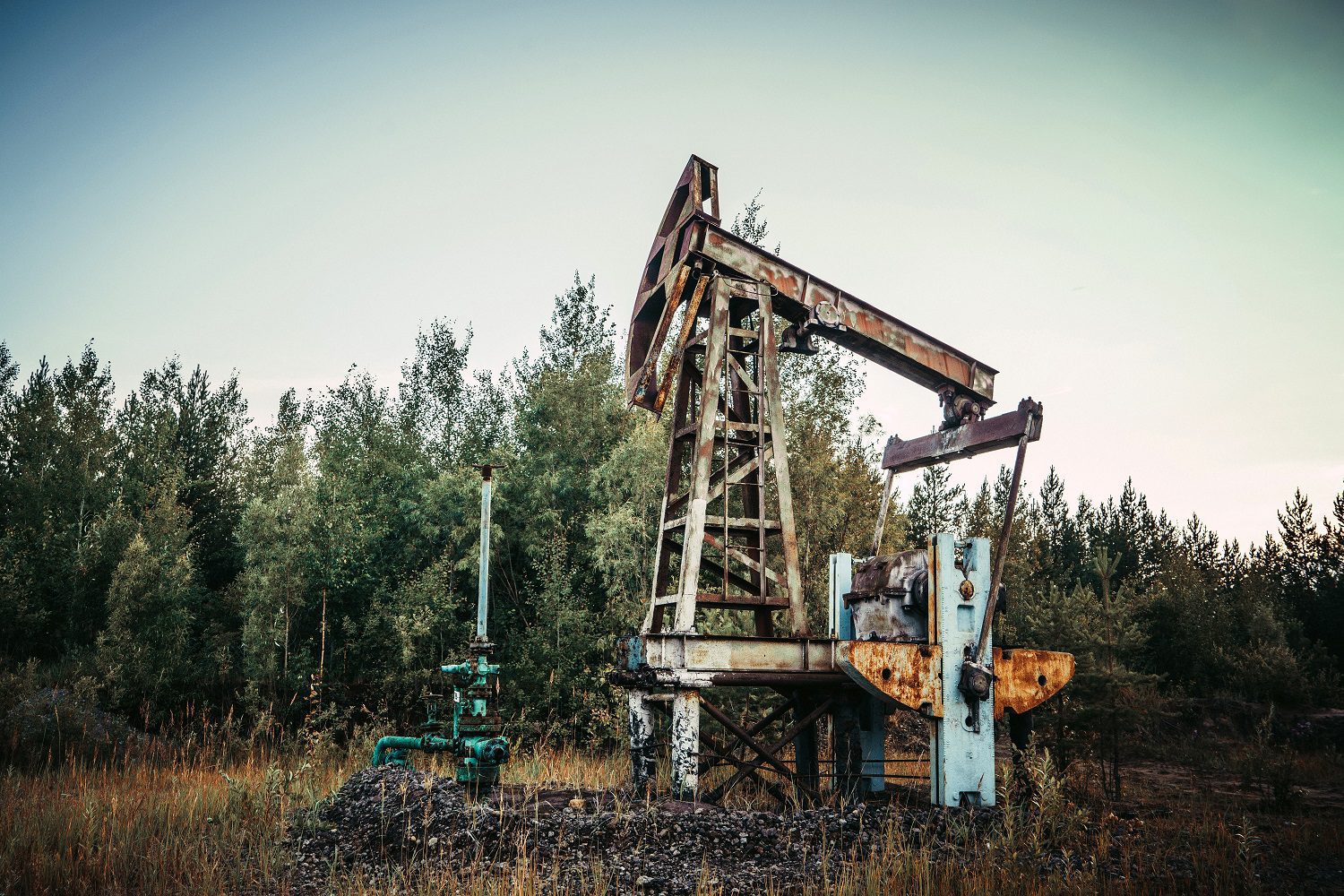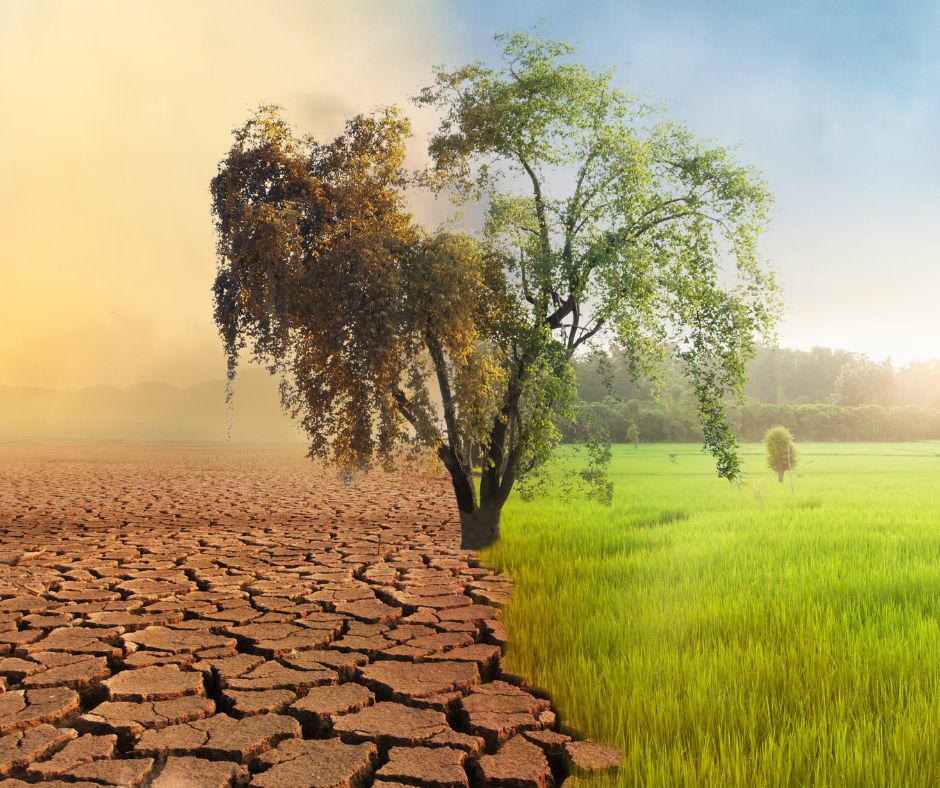A recently released report by the Parliamentary Budget Officer (PBO) painted a bleak picture of the costs to clean up the thousands of oil and gas wells that have been abandoned, or “orphaned” to use the industry term. It showed that industry has yet again neglected their legal responsibility to clean up their mess and have instead left taxpayers with a hefty bill. Unfortunately the buck does not stop at oil and gas wells and there is an eerily similar situation developing that is set to boil over.
Tailings lakes are the immense industry-made lakes in which the toxic waste from oil sands operations are stored. Over the past few years, tailings have grown at a rapid rate and have shown no sign of slowing down in their growth – despite the extensive environmental impact they pose. Industry is responsible for paying for the clean up and reclamation of these toxic lakes but this report on orphan wells is a warning for what might come.
A leaked internal document from the Alberta Energy Regulator estimated that the total clean up cost of the entire oil sands could reach $260 billion (with a b!), half of which would be to clean up tailings alone. To put it in context, $260 billion is 16 per cent of Canada’s entire GDP for 2020!
So, what can this new PBO report on orphaned oil and gas wells teach us about the much larger issue that tailings pollution poses?
You and I might end up paying for the toxic tailings
The 18,000 orphaned and abandoned wells tell a single story: in Canada, profits are private but clean up is public. This is the unfortunate reality, because unless the government urgently comes up with a robust strategy to address the much larger issue that toxic tailings lakes pose, taxpayers will have to foot industry’s massive bill.
Cleaning up the tailings ponds is publicly estimated to be around $28 billion, a gross underestimate according to leaked internal documents that suggest it would cost $130 billion. Regardless, it is a massive sum: someone earning minimum wage in Alberta working 40 hours a week would need to work 900,000 years with no break to make that much. Even a very well paid company executive earning 200,000 a year would need to work 140,000 years to reach that amount.
We must collect the money while it still flows
In Canada, there is a system of “liability management”, where companies contribute a refundable security deposit to cover clean up costs. It is meant to be a safety net, in case they run away before they finish the clean up.
However, this week’s PBO’s report estimates that for orphaned wells the gap between the amount collected and clean up cost is hundreds of millions of dollars wide. Mind the gap!
In the case of toxic tailings, the gap could be $27 billion in the best case scenario, and is likely closer to $129 billion. Indeed, despite the industry continuously announcing record level profits and distributing generous dividends to shareholders (SOURCE), very little of that has been collected for clean up.
Why? Well, the Alberta Energy Regulator responsible for collecting these funds has allowed companies to use unmined bitumen as a financial security, meaning they rely on the promise of future production to pay for that clean up.
That might have made sense decades ago, but in the age of the energy transition, the global shift to renewable energy, where even historically pro-oil agencies such as the International Energy Agency announce a decline in oil production, that security net feels incredibly fragile.
To avoid a repeat of a misuse of public funds and an environmental disaster, deposits must be collected now, while profits are healthy and corporations have the cash!
We still have time to protect ourselves and avoid paying for the irresponsible behaviour of industry, but time is running out. Pressure needs to be put on the government, they need to know that it is unacceptable to put industry profits over people – we should not be footing the bill for industry neglect. Have your voice heard, sign here.
You can also sign up for Environmental Defence’s newsletter to keep up-to-date on this and other important environmental issues. Use the form below to sign up.







